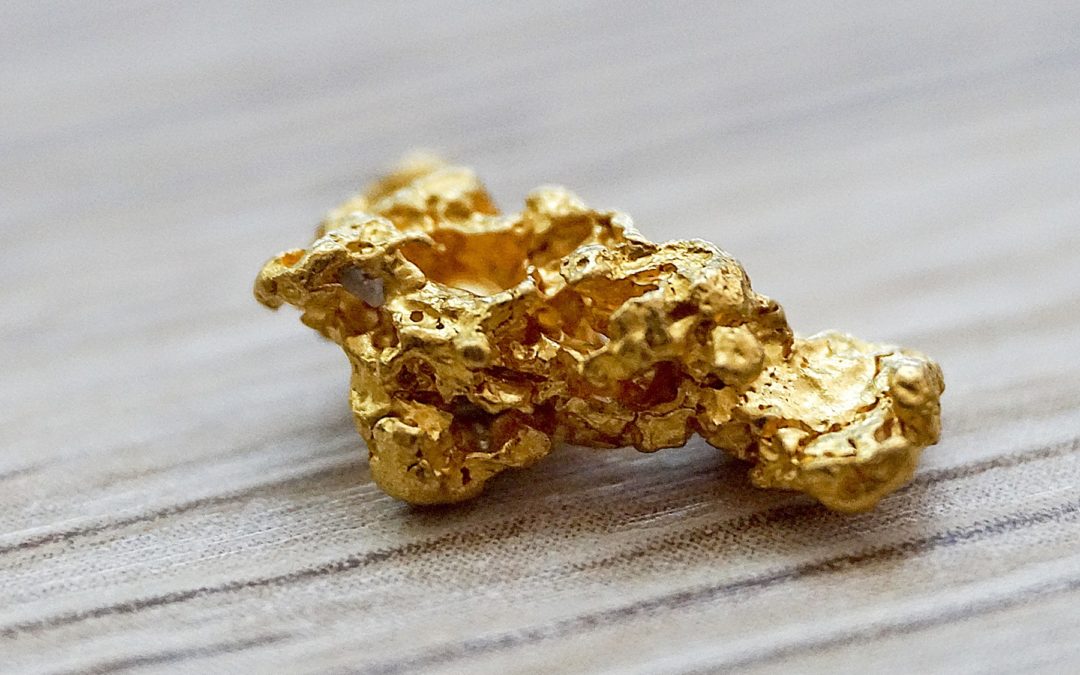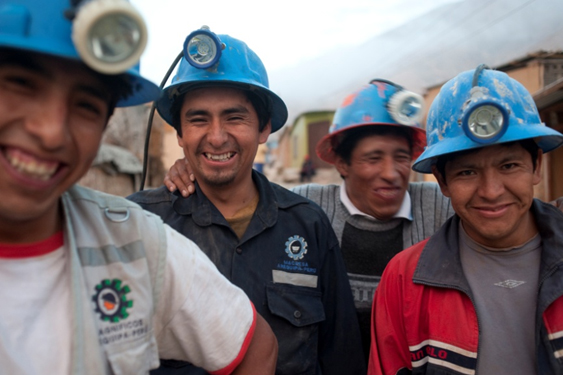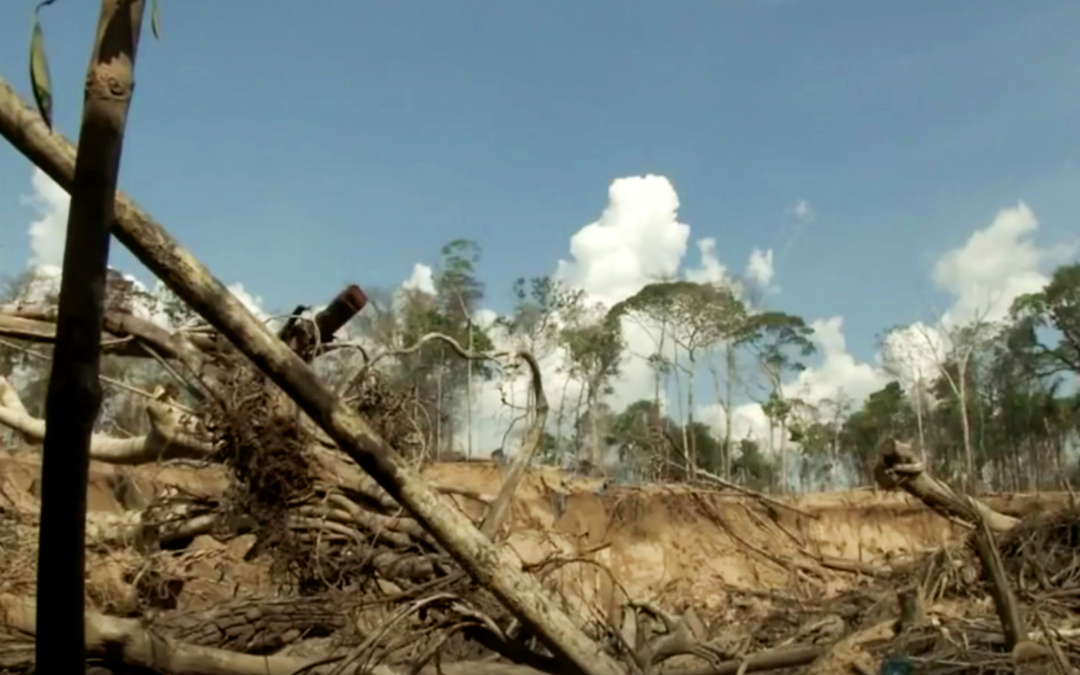
[dflip id=”65974″][/dflip]


As the minutes ticked by on the afternoon of April 28, 2015, Harold Vilches watched stoically while customs officers at Santiago’s international airport scrutinized his carry-on. Inside the roller bag was 44 pounds of solid gold, worth almost $800,000, and all the baby-faced, 21-year-old college student wanted was clearance to get on a red-eye to Miami. Vilches had arrived at the airport six hours early because he thought there might be some trouble—he’d heard that customs had recently seized shipments from competing smugglers. But Vilches had done this run, or sent people to do it, more than a dozen times, and he’d prepared his falsified export paperwork with extra care. He was pretty sure he wouldn’t have any trouble. While he waited, he texted his contacts in Florida, telling them he’d already cleared customs. The plan was to hand off the gold at the Miami airport to a pair of guards, who would load it into an armored truck for the short trip to NTR Metals Miami LLC, a company that buys gold in quantities large and small and sells it into the global supply chain.

The production of gold has been associated with egregious labor abuses, including forced and child labor, as well as violations of community land rights and environmental degradation. Small-scale miners often labor in hazardous conditions and harsh environments while earning wages below legal minimums, in some cases indebted to employers, moneylenders or other actors or being paid in kind for their work. The gold rush of recent years has attracted the attention of a diverse set of market actors, including not only multinational companies and small-scale or artisanal miners, but also criminal networks and other unscrupulous parties.

Peru, the world’s largest producer of cocaine, has a new booming illicit business: gold. Illegal gold mining has surged in the South American country, the world’s fifth biggest gold exporter. A new Univision Investigative report shows that the criminal organizations that traffic illegal drugs have diversified and are now in the business of trading the precious metal. “There are signs that people engaged in criminal activities, like narco trafficking and terrorism are involved in illegal gold mining,” said Tania Quispe, the Director of SUNAT, Peru’s equivalent of the I.R.S. The agency is in charge of monitoring illegal gold mining.

About one-fifth of the gold exported from Peru is illegally mined, with forced labor extracting much of the precious metal that ends up in cellphones, computers and jewelry, according to US non-profit Verité. Peru’s Andean mineral wealth has made it the world’s sixth-largest gold producer and boosted it into the ranks of middle-income countries, but some miners have paid for the boom with their freedom – or their lives.